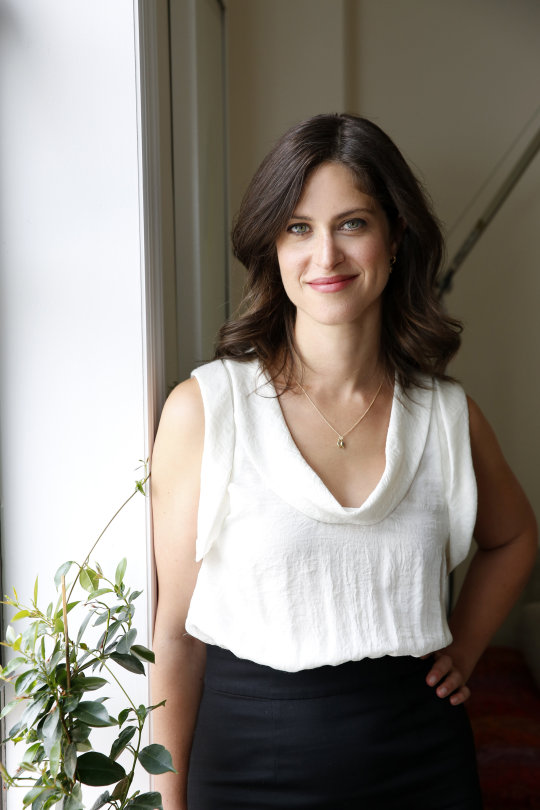
One of our earliest Second Shift team members just had her first baby and it brought us back to the magical moment when your life as you know it ends, and you are reborn with a new identity—parent. Dr. Alexandra Sacks, a reproductive psychiatrist, says this transformation is called Matrescence and it is a biological shift in women whose impact is not fully understood or acknowledged.
Dr. Sacks is a panelist at our San Francisco event on May 2nd. She brings a scientific understanding of the ways women change (for the better, of course) when they have children and how that influences their work and families.
Dr. Sacks can you please define Matrescence ?
Matrescence, the developmental phase of new motherhood, is like adolescence –a transition when hormones surge, bodies morph and identity and relationships shift. Our culture appreciates that adolescence is a time of physical and emotional awkwardness for most teenagers, because we understand that change is hard, and transformation on all of these levels simultaneously is stressful. The same is true for matrescence.
You wrote the amazing article “Birth of a Mother” in the NY Times about how much change women go through when they become mothers. Why do you think this particular topic is one that we don’t really talk about?
For motherhood, our culture has become preoccupied with a ‘bliss myth’ that the ideal transition to new motherhood is filled with joy and ease. In my office, I hear from women that their matrescence story has moments of physical, social, and psychological complexity; these ups and downs are much more like adolescence than another time in life when there is less change and chaos.
During the matrescence transition, many women find themselves feeling lost somewhere between who they were before motherhood, and the picture-perfect but unrealistic image of who they think they should be now. Too many women are ashamed to speak openly about the ups and downs of their experiences for fear of being judged. Many worry that they are destined to be bad mothers, when they’re experiencing natural and widely shared
Changing the topic a little—There are many ways that being a parent changes you physically but it also changes the dynamic between partners with women often taking on an unequal burden of responsibilities. What do you advise women who are struggling with career, guilt, and managing family responsibilities?
The foundation of co-parenting is making sure that both parents feel supported in their division of parenting labor. Whether childcare is evenly shared or one parent takes on more of the work, the division of responsibility to should be agreed to consciously and collaboratively. But just as there’s more to your family than childcare, there’s more to co-parenting than the logistics how you split that work. It’s also about giving each other permission, encouragement, and support to take better care of yourselves, one another, and your relationship.
Thank you!
Dr Sacks is a featured panelist at our San Francisco event focusing on breaking down bias toward women in the workforce and helping companies recognize and combat unequal workplace practices. #breakingbias
Please join us: https://www.eventbrite.com/e/breaking-the-motherhood-penalty-tickets-45449441503?aff=es2
rsvp@thesecondshift.com.